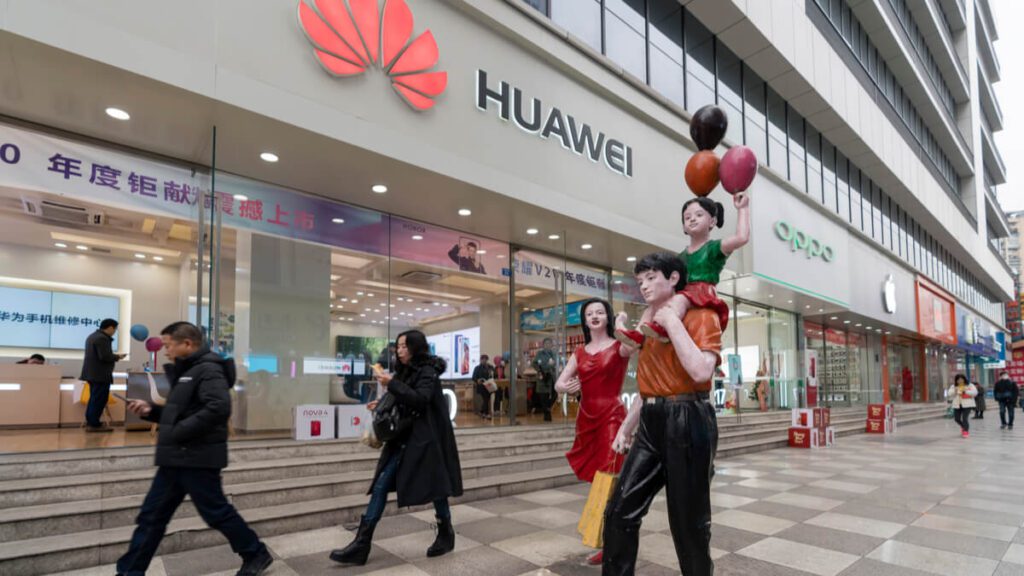
Founder and CEO of Chinese tech-titan Huawei, Ren Zhengfei, has called on the newly elected Biden administration to lessen the severity of the restrictions made on Chinese firms by his predecessor Donald Trump.
While addressing a local media roundtable, Ren admitted that it is rather unlikely that U.S. President Joe Biden would overturn or drastically relax the country’s anti-China stance.
The Trump administration had previously ignited and escalated the U.S.’s trade war with the Asian powerhouse, mainly by placing bans against Chinese technology firms from entering the fifth generation of mobile networks in multiple markets, over fears of espionage and sabotage.
The U.S. government considers Huawei, ZTE, and other Chinese tech companies as security risks and urged allies to shun their equipment over fears they could serve as a Trojan horse for Chinese intelligence services; countries such as the UK, Taiwan, and India followed suit and opting for western vendors such as Finnish Nokia and Swedish Ericsson.
The fifth generation of mobile networks is expected to become the de-facto telecoms infrastructure that will set the stage for a wide array of services and products such as autonomous vehicles and the fourth industrial revolution.
The United States took matters further by banning U.S. chipmakers and components manufacturers from doing business with the Chinese technology firm, which was a major blow to Huawei specifically.
During the roundtable, the Huawei founder argued that his company is now placing its weight behind producing the best possible products while shying away from being “involved in this political whirlpool.”
Ren highlighted that while a change of heart from Biden would be “extremely difficult,” such strong sanctions could prove harmful to American firms as well as the country’s overall economy. “We hope the U.S. government will have a more open policy for the benefit of American companies and the development of the US economy,” Ren added.
Trump had argued that equipment manufactured by Huawei could pose a security threat, due to laws requiring Chinese individuals and businesses to comply with commands by the country’s communist government.
However, no evidence was presented to support the notion of cybersecurity “backdoors” were placed in Huawei’s technology.
The Huawei founder stressed that his company would be more than willing to licensing its technology with American companies and insisted during the roundtable that it would always be the case, although he noted that no firms had reached out to Huawei as of yet.
In parallel, the Chinese tech giant has asked U.S. courts once more to overturn the Federal Communications Commission’s (FCC) security threat designation over alleged ties with the China’s military.
Huawei presented the case in a filing with the 5th U.S. Circuit Court of Appeals that the designation went against the American constitution. The Shenzhen-based company described the agency’s ruling as “arbitrary, capricious…and not supported by substantial evidence.”
While Huawei denies any affiliation or connection to its communist government and security apparatus, U.S. national security experts disputes these claims arguing that the company is susceptible to pressure from Beijing.
In response to the lawsuit, the FCC told local reporters that it had a “substantial body of evidence” regarding the present threats and would defend its designation.
The Biden administration had previously signaled a hawkish approach to China on a broader scale, ranging from military hegemony on the South China Sea to its global tech presence.
The stance was echoed by current Secretary of State, Antony Blinken last week, who pointed out in a conversation with his Chinese counterpart that Washington would hold Beijing accountable for any malicious behaviors.